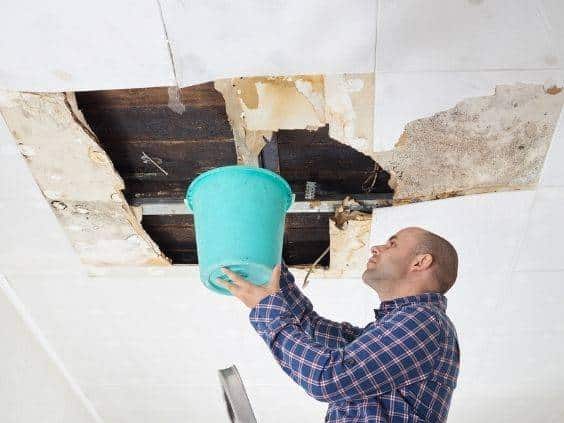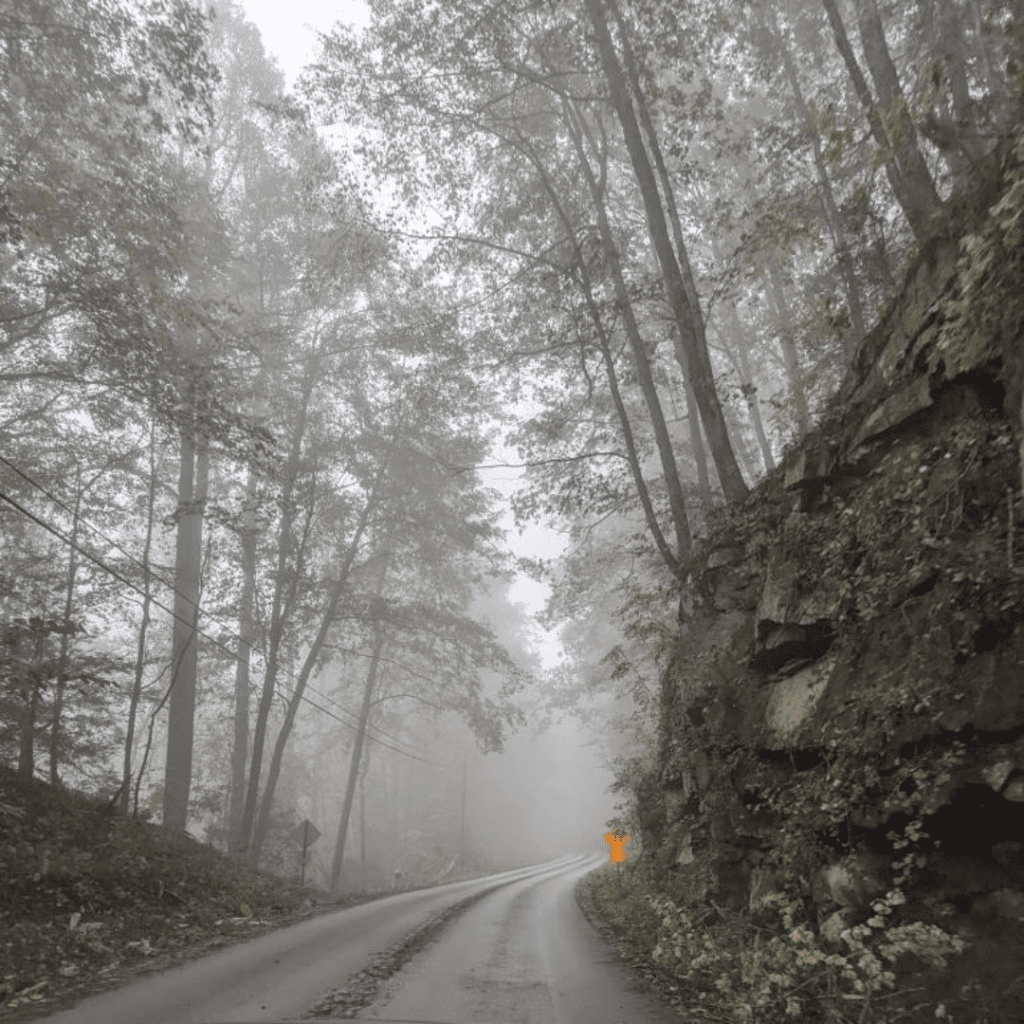Spring isn’t just a time for warmer temperatures and days spent outdoors. It’s also known for its potentially severe storms and rainfall that can wreak havoc on an ill-prepared home. If you happen to reside in the New England region, your house may see more rain than you might’ve expected. Learn how heavy rain can damage your home and a few tips for protecting your property this season.
Roofing Leaks
As heavy rain beats down on roofs, it can worsen any existing damage and cause leaks. This is when rainwater begins making its way into the home—bringing excessive moisture and mold along with it. Water has a knack for finding even the smallest of gaps in your home’s roof. Keep a close eye out for any leaks if you want to avoid roof issues.
Foundation Flooding
Heavy rain can also damage your home by exploiting any gaps in your foundation and flooding your basement. When water collects at the base of a house, it can overwhelm your exterior defenses and push through to the basement. This is why a functioning gutter system is essential for directing that water further out. Make sure you’re repairing your gutters and keeping them clean before each major rainfall.
Septic Backup
Large rainstorms can also cause a septic backup. This is because rainwater can penetrate your piping system and fill your tank to capacity. When this happens, wastewater has nowhere else to go and pushes back through the piping and into the home. While there are several other reasons why a home septic tank could back up, rain presents one of the most common during this time of year.
Siding Cracks
Even your home’s siding can break when exposed to heavy rain—especially if your gutters are starting to overflow. While siding is designed to repel water, continuous exposure causes it to absorb moisture. This can weaken the siding and result in cracking. Any existing cracks in your siding can also pose a problem because the water has easy access to your home’s inner walls.






















